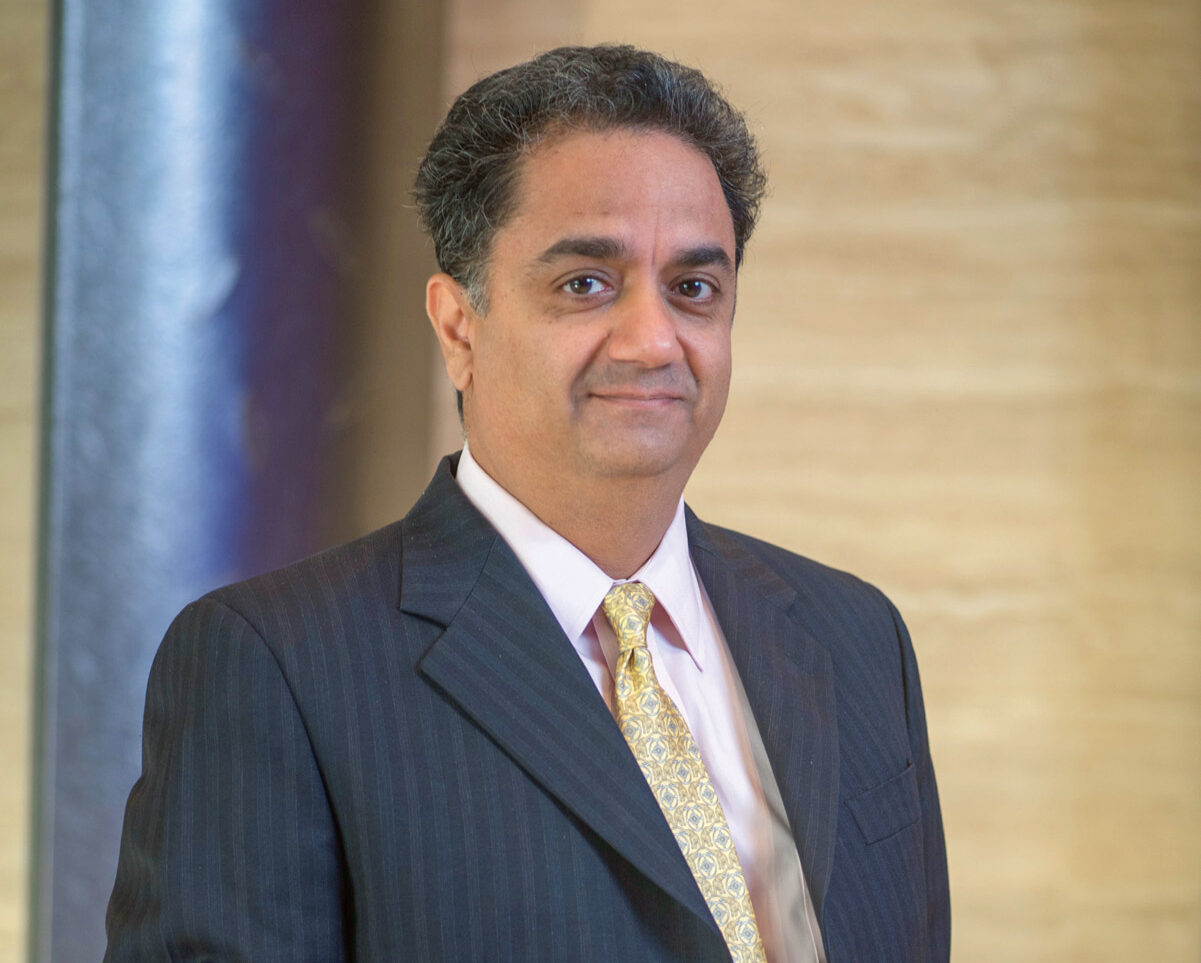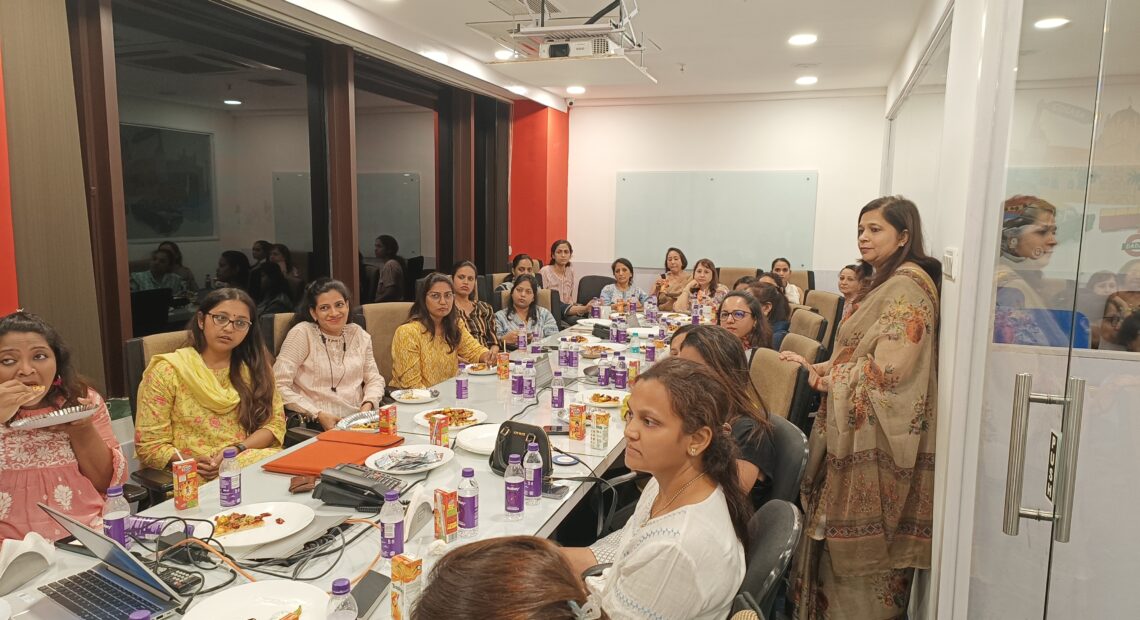With an aim to showcase India’s global stature as a hospitality industry powerhouse, HVS ANAROCK is presenting HOPE (Hospitality Overview Presentation & Exchange) to bring together Indian and International hospitality players for knowledge exchange amidst networking. The event will take place on March 2 – 3 at Goa. Ahead of the power-packed event, Mandeep S Lamba, President (South Asia), HVS ANAROCK spoke with Asmita Mukherjee about the challenges that are slowing the Indian hospitality sector and measures to tackle them.
What was the reason behind organising HOPE (Hospitality Overview Presentation & Exchange)? How will the event bring India’s global stature in front of the worldwide hospitality industry?
HVS ANAROCK HOPE (Hospitality Overview Presentation & Exchange) is the result of years of discussion and brainstorming on developing a platform that goes beyond the typical content for hospitality conferences, which limits deliberations and often makes them repetitive. HOPE 2023 will bring together not only the top hospitality leaders for differentiated out-of-the-box discussions, but also highly eminent and coveted keynote speakers and presenters from outside the hospitality fraternity who will discuss the latest global technology trends, and India’s rise as an economic powerhouse, including what makes India compelling for the world and engaging facts that will give the conference attendees much broader and more interesting insights into the India story.
Kindly throw some lights on the profile of eminent speakers who have been invited to HOPE.
HVS ANAROCK HOPE 2023 will feature over 80 eminent speakers from the who’s who of the global and Indian hospitality, travel, and food & beverage industries to economists, private equity & banking leaders, architects, technology leaders, start-up gurus, change makers, and renowned travel writers and authors. We can’t wait to have candid and thoughtful discussions with this distinguished group about recent trends and the industry’s future.
According to you, what does the Indian Hospitality Industry lack and how can it be overcome?
The cost of capital for the hospitality industry in India continues to be amongst the highest in the world, which along with the short tenure for repayment of debt causes severe stress on hotel owners and operators. Given the cyclical nature of the business, if the hotel enters the market in a down cycle phase, it is almost certain to head towards becoming an NPA as has been evident from the last cyclical downturn. Providing infrastructure status to the Indian hospitality sector, a long-pending request by key stakeholders can go a long way in attracting fresh investment in the sector.
Additionally, enhancing the ease of doing business in the sector through online single window clearances and lowering the GST rate on hotel tariffs can aid the sector’s growth momentum.
As an industry stalwart, how do you see the impact of covid on the hospitality industry?
COVID has changed the hospitality industry as we know it, as travellers and hospitality players adapted to the evolving situation and found ways to keep moving forward. In the absence of inbound travel, hotel companies finally recognized the enormous potential of domestic tourism and the need to grow their presence in Indian leisure destinations. Focusing on cost efficiency, being more agile, thinking outside the box and accepting new ideas quickly are a few other changes that have strengthened the sector. Hoteliers are proactively focusing on alternative customer segments and diversifying into non-room ancillary revenue streams. Moreover, technology adoption has accelerated, and operations have become leaner.
The last two years have seen a significant change in traveller behaviour, with privacy, hygiene, and cleanliness taking precedence over all other considerations. Many travellers are now looking for greater flexibility and convenience, especially when travelling in small groups or with families and pets. The popularity of alternate accommodation products such as homestays and villa rentals has increased exponentially in India as a result of these changing preferences.
The Covid-battered hospitality is slowly recovering. As the demand has been pretty constant over the last few months, do you think the industry will manage to gain its lost glory within this year with this trend continuing?
The Indian hospitality industry has recovered strongly in the last year, mainly driven by increased domestic travel and closed the year 2022 with a nationwide occupancy rate of 59-61%, which is 15-17 percentage points (pp) higher than the same period in 2021 and just 5-7 pp lower than in 2019.
The average rate, meanwhile, has improved significantly and was almost 1-3% higher than pre-pandemic levels. Despite a variety of headwinds such as inflationary pressures, recession risk in the US and Europe, and manpower shortage, the Indian hospitality industry’s performance outlook remains positive, driven by continued growth in domestic demand, the revival of inbound travel and slower supply growth.
There has been a slew of hotel signings and announcements over the past few months, however, most of the brands are playing safe by focusing on asset-light models. Will this preference on being asset-light affect the hospitality real estate market? What does the business health of hospitality real estate look like?
Asset-light operating models have become the mainstay for growth of many of the major hotel companies in India, with Management Agreements being the preferred structure, and Franchising and Leasing gradually gaining traction. These are win-win growth models with lesser risk for both hotel brands as well as asset owners due to the distribution of responsibilities of both parties, helping bridge the gap between the brand’s expansion plans and the owner’s cost concerns.






